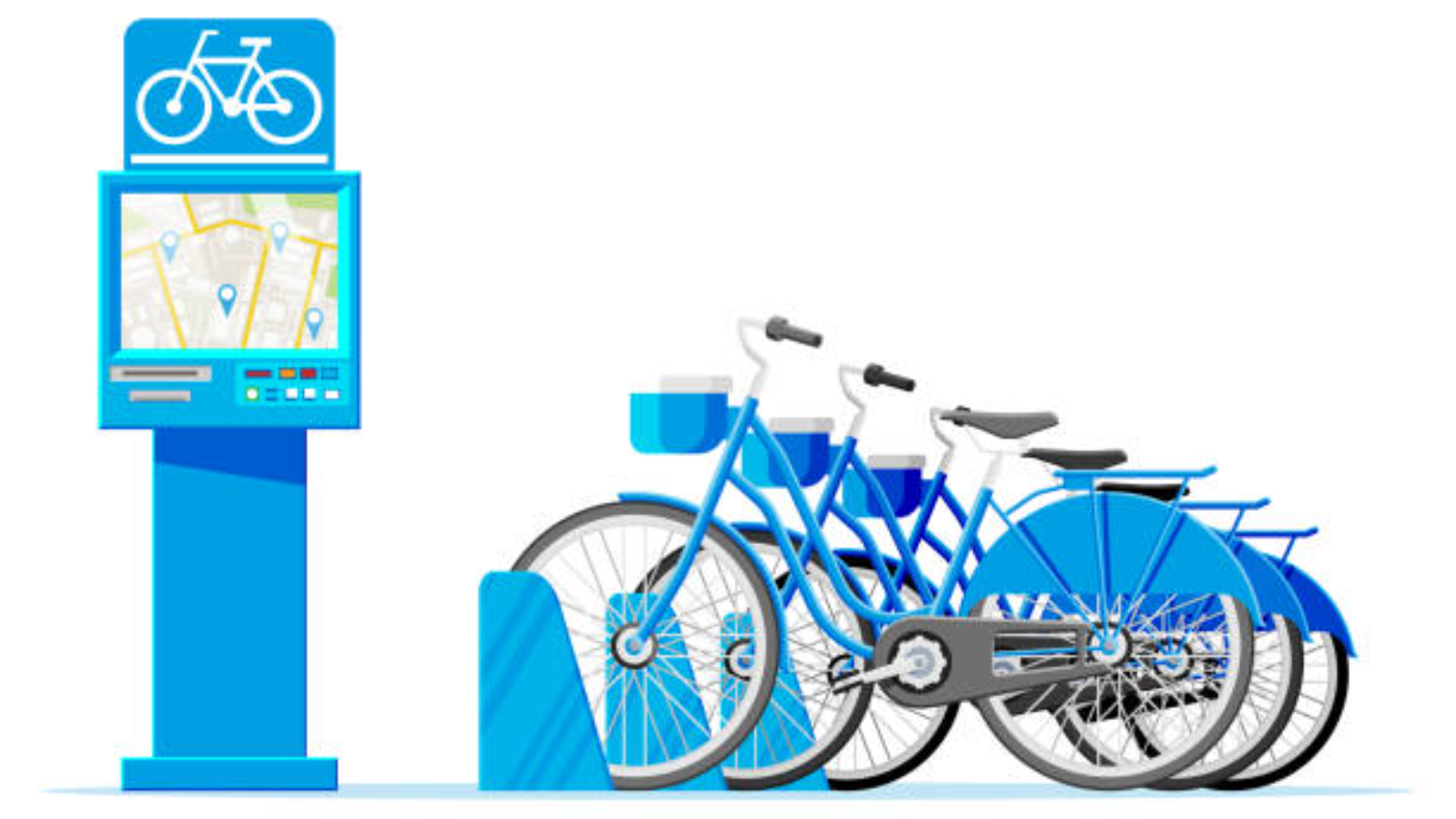In this Article
Introduction
As cities expand and populations grow, urban areas face numerous challenges such as traffic congestion, pollution, and resource management. Smart city solutions offer innovative ways to address these issues, making cities more livable, efficient, and sustainable. By integrating advanced technologies like the Internet of Things (IoT), artificial intelligence (AI), and big data analytics, smart cities can improve various aspects of urban life.
This article explores the top 8 smart city solutions that are shaping the future of urban development.
Top 8 Smart City Solutions
1. Smart Transportation Systems
- Intelligent Traffic Management: Smart traffic lights and sensors can optimize traffic flow, reduce congestion, and minimize travel time. These systems use real-time data to adjust signal timings and provide alternative routes to drivers.
- Public Transportation Enhancements: Real-time tracking, electronic ticketing, and predictive maintenance enhance public transportation efficiency and reliability.
- Shared Mobility Services: Bike-sharing, car-sharing, and ride-hailing services reduce private vehicles, easing congestion and lowering emissions.
2. Smart Energy Management
- Smart Grids: These networks use digital technology to detect and react to local usage changes, boosting power distribution reliability and efficiency.
- Renewable Energy Integration: Smart grids facilitate the integration of renewable energy sources like solar and wind, reducing dependency on fossil fuels and lowering carbon emissions.
- Energy-Efficient Buildings: Smart meters and building management systems optimize energy consumption in homes and commercial buildings, leading to significant energy savings.
3. Smart Waste Management
- IoT-Enabled Waste Bins: Smart bins with sensors monitor waste levels, alerting collection services for efficient routes and lower costs.
- Waste-to-Energy Technologies: Converting waste into energy through processes like anaerobic digestion and incineration can reduce landfill usage and generate renewable energy.
- Recycling and Resource Recovery: Advanced sorting technologies and data analytics can improve recycling rates and recover valuable materials from waste streams.
4. Smart Water Management
- Smart Water Meters: These devices provide real-time data on water usage, helping consumers and utilities detect leaks and optimize water consumption.
- Water Quality Monitoring:
- Efficient Irrigation Systems: Smart irrigation systems use weather data and soil moisture sensors to optimize water usage in agriculture and landscaping, reducing water waste.
5. Smart Governance
- E-Government Services: Digital platforms can streamline government services, making them more accessible and efficient for citizens.
- Citizen Engagement Tools: Mobile apps and online portals facilitate citizen-government communication, encouraging public participation in decision-making.
- Data-Driven Policy Making: Big data analytics can inform policy decisions by providing insights into urban trends and challenges.
6. Smart Infrastructure
- Smart Buildings: IoT-enabled buildings can optimize energy usage, enhance security, and improve occupant comfort through automated systems.
- Smart Roads and Bridges: Sensors and data analytics can monitor the condition of infrastructure, enabling predictive maintenance and reducing the risk of failures.
- Connected Public Spaces: Smart lighting, surveillance, and Wi-Fi connectivity can enhance the safety and usability of public spaces.
7. Smart Environmental Monitoring
- Air Quality Sensors: Real-time monitoring of air quality can help cities take proactive measures to reduce pollution and protect public health.
- Noise Monitoring: IoT devices can monitor noise levels and identify sources of noise pollution, enabling cities to implement noise reduction strategies.
- Climate Resilience: Data analytics can predict and mitigate the impacts of climate change, helping cities become more resilient to extreme weather events.
8. Smart Security Systems
- Surveillance Cameras: Advanced surveillance systems with facial recognition and AI capabilities can enhance public safety and crime prevention.
- Emergency Response Systems: IoT-enabled emergency response systems can improve the efficiency and effectiveness of disaster management and emergency services.
- Cybersecurity Measures: Protecting the digital infrastructure of smart cities is crucial to prevent cyber-attacks and ensure data privacy
Conclusion
Smart city solutions offer a transformative approach to urban development, addressing the challenges of modern cities through the integration of advanced technologies. By implementing these solutions, cities can enhance the quality of life for their residents, optimize resource usage, and ensure environmental sustainability. As urbanization continues to grow, the adoption of smart city technologies will be essential for creating resilient, efficient, and sustainable urban environments.
How Can We Help?
The AlphaX ecosystem offers comprehensive solutions to address the challenges faced by modern cities. Our platform integrates advanced technologies like IoT, AI, and big data analytics to provide innovative smart city solutions. AlphaX enhances city operations and residents’ quality of life through solutions like intelligent transportation systems and smart energy management.
Contact Us today to learn more about how we can assist in your smart city initiatives.
References
Related Blog Posts
How Smart Cities Connect: Getting Started with Edge AI and IoT Technology
How to Get Started with Edge AI and IoT Technologies in Smart Cities: Overcoming Integration Challenges In recent years, the concept of smart cities has evolved from a futuristic Read More
5 Step Strategy: Ensuring Security and Privacy in 15-Minute Smart Cities
Introduction Ensuring security and privacy in 15-minute smart cities is a critical challenge as urban areas become increasingly connected through IoT and edge AI technologies. These cities aim to Read More
What is a smart city and the challenge of legacy systems
How to Get Started with Integrating Legacy Systems in Smart Cities Smart cities are transforming urban landscapes by leveraging technology to improve the quality of life for residents. However, Read More




